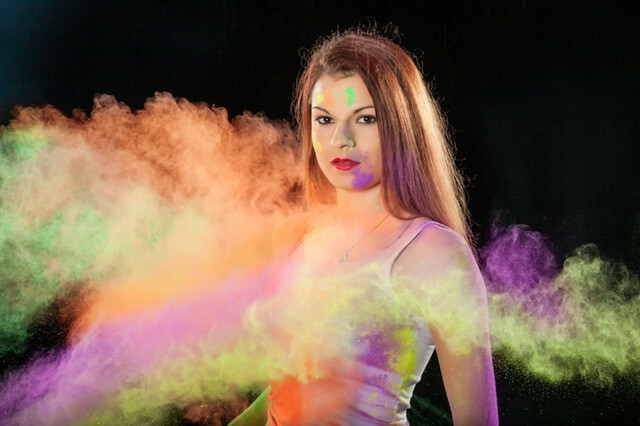The 7 personality traits of creative people
Some people seem to have the gift of creativity, while others prefer to do more mechanical work. Why is this happening? What are the individual differences between people who are creative and those who are not?
What is creativity?
The creativity is usually understood as the ability to create new ideas whose development serves a purpose. Popularly, creativity is perceived as an immanent gift to a select few, a talent that everyone would like to possess but only a few actually have, as a personality attribute own.
How are creative people?
For this reason, numerous studies have attempted to explain how people can develop these creative capacities, and therefore have detected certain keys and techniques to exploit the creative potential of each subject.
However, until recently researchers have not paid much attention to the personality traits typical of people with creative abilities (if there was a more or less defined pattern). In order to shed light on this issue, Oyvind Lund Martinsen, a professor at the Business School of Norway (BI), conducted research to outline the personality profile of creative people in the year 2011.
Martinsen analyzed the personality traits of a total of 491 subjects, among whom were 70 artists, 48 students from the marketing school, as well as professors and students from various adjacent universities.
The results of the study determined seven distinctive traits in people with remarkable creative abilities. Among all the characteristics reported, such as a higher performance in the academic or work facet, it was a surprise to find various traits that suggest deficiencies in some aspects of the person, such as certain deficiencies in the aspect of interpersonal relationships.

The seven characteristics of the creative personality that the research identified:
1. associative orientation
Creative people have a great imagination. They usually create a good number of ideas, added to a high degree of commitment in their development. They wander between reality and fiction.
2. Originality
Their nature leads them to reject social clichés, conventions and norms. They are rebellious and feel the need to act personally according to their own criteria.
3. Commitment
They enjoy carrying out their plans and challenges, overcoming complicated situations until the achievement of their goals. They enjoy what they do in an extraordinary way: when they work, they stay in flow state.
4. Ambition
They like to influence others, to be the center of attention and to obtain recognition and Social prestige. This motivates them to improve themselves and to want to prove their worth.
5. holism
creative subjects are able to understand the different facets of situations or problems, being able to find creative and ingenious solutions. They do not stick to closed thought structures, but manage to combine different techniques, skills and knowledge successfully, being able to create tools or artistic pieces of great worth.
6. emotional instability
They habitually experience changing emotions and fluctuations in your mood. These symptoms are often associated with self confidence issues.
7. little sociability
They usually show highly critical and they tend to be reluctant to give their acceptance to other people.
As described in the Norwegian Business School, it seems that all the traits associated with creative thinking, such as the associative orientation (which is related to ingenuity), and flexibility (associated with the ability to project), are the most determining characteristics for the development of personality creative.
Regarding the poor levels of sociability found in the study, Martinsen points out that employers should try to find a balance in order to bring together in companies the ability to cooperate with ingenuity and creativity. "Creative workers may be lacking in the pragmatism of their actions," she notes.
